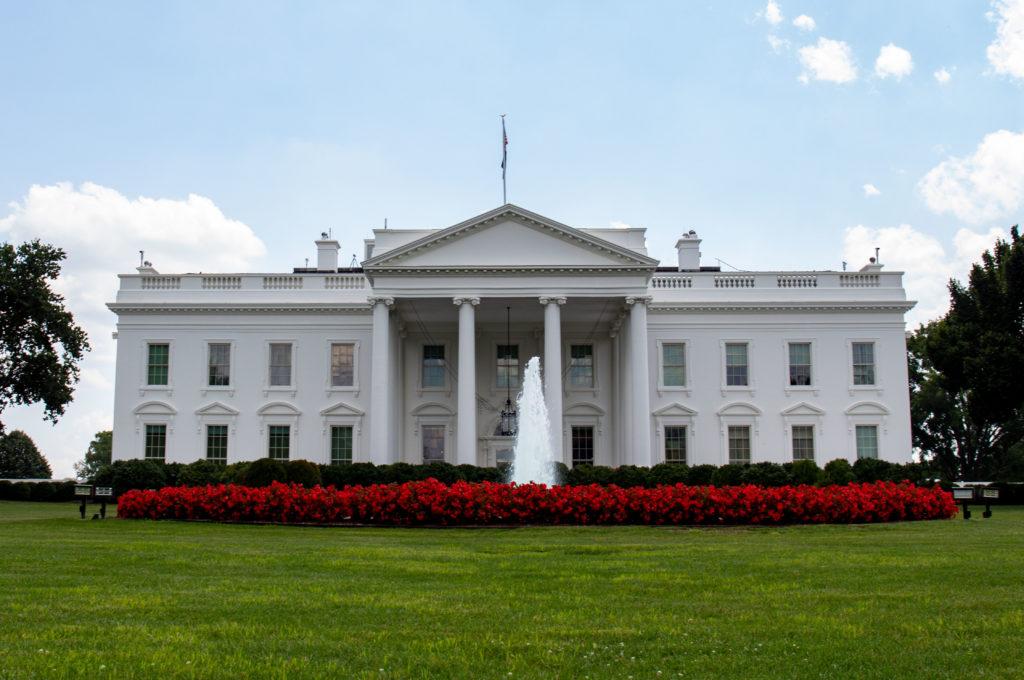The District will most likely take a leap toward 11 weeks of family paid leave, which would be the longest paid leave offered in the nation.
D.C. Council Chair Phil Mendelson proposed the plan Monday, which would provide parents of newborn and adopted children with 11 weeks of paid leave and those with dying parents or grandparents with 8 weeks, The Washington Post reported.
With a cap of $1,000, D.C. workers could obtain up to 90 percent of their pay during leave, according to The Post. Businesses would take the brunt of the costs with a 0.62 percent increase in payroll taxes.
The Council will vote on the measure Tuesday and a final vote will occur on Dec. 20. Because the Council has been wrestling with different proposals involving paid leave for more than a year, the proposal is expected to be approved, The Post reported.
Last year, the Council supported a plan to increase paid leave to 16 weeks in private businesses. After businesses questioned the $15 million cost to put the plan in place, Mendelson changed the bill to cover 12 weeks of paid leave.
Unlike the previous proposal last year, this plan would not offer paid leave for employees dealing with their own health problems, unless it is related to pregnancy.
GW and other businesses have lobbied against the legislation, in favor of an “employer mandate” proposal they created which would give workers eight weeks of paid time off instead of 12.
GW currently offers full-time staff members six continuous weeks of paid parental leave, according to the University Human Resources website.
The 12-week design required businesses to set aside 1 percent of the total salaries through a payroll tax in order to finance the plan. Mendelson and the Council then adjusted the plan again for 11 weeks.
“We worked our way to this number,” he told The Post. “The business community is very opposed to a 1 percent tax, and we wanted to come in – I wanted to come in – substantially lower, and that’s the reason why this has been so confidential, because I want them to be surprised.”
Mendelson also told The Post the plan would take about three years to implement and would expect it to be in place in January 2020.







